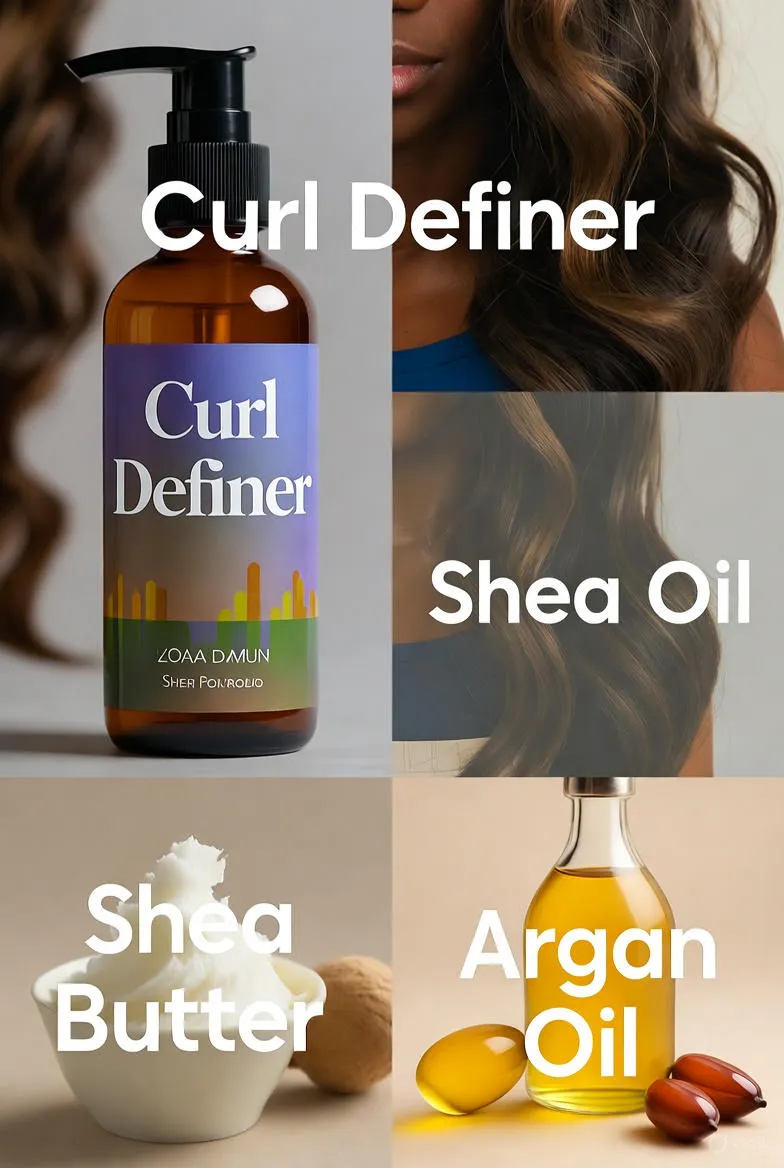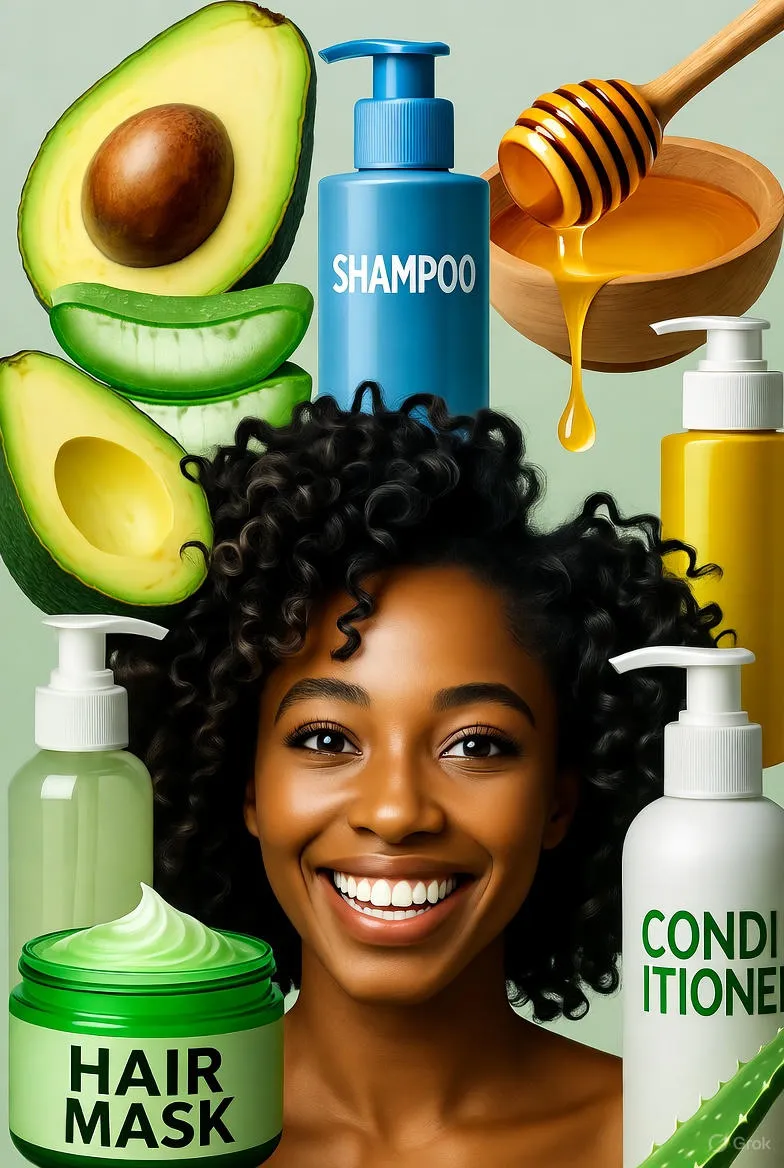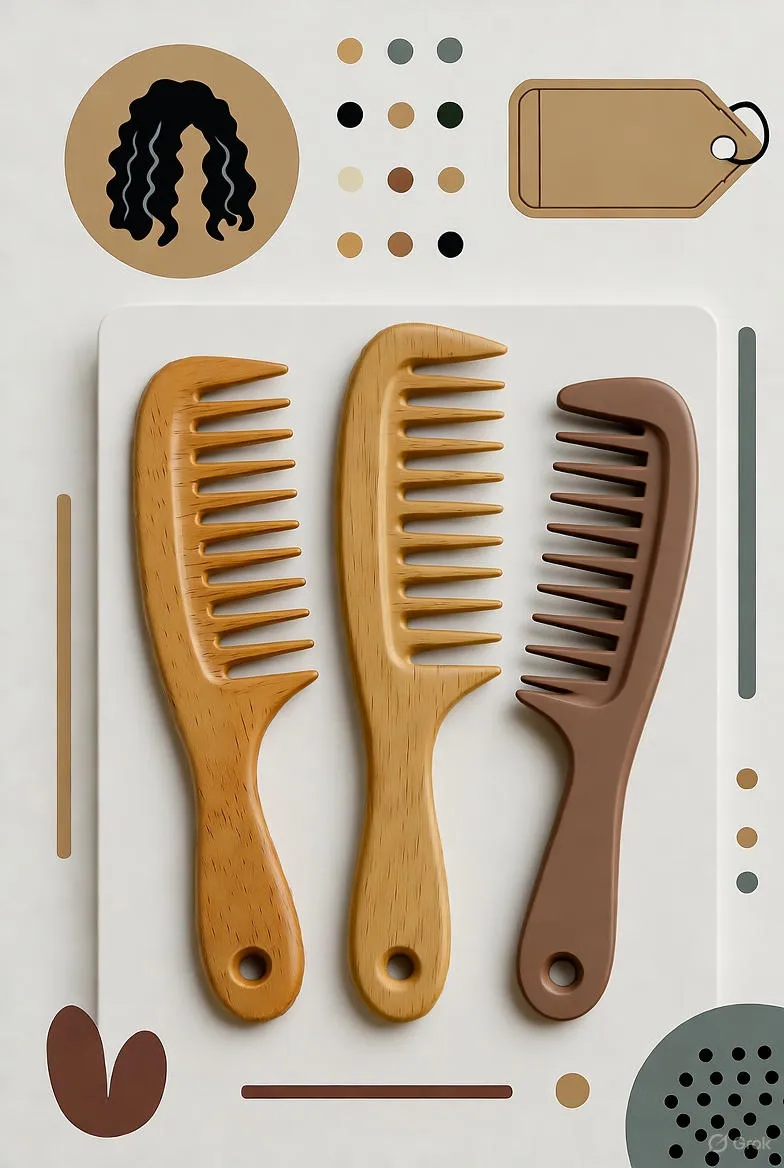Mastering the Art of Managing Curly Roots: Tips for Healthy and Defined Hair
Learn how to manage curly roots effectively with expert tips on hydration, styling, and care routines to achieve healthy, defined curls from roots to ends.

Curly hair is as beautiful as it is unique, but it often comes with a few challenges that require special care. One of the most common issues faced by people with curly or wavy hair is managing curly roots—those untamed, frizzy, or differently-textured sections of hair close to the scalp. Whether you're dealing with natural curls, regrowth after straightening, or uneven texture, learning how to properly care for your curly roots can help maintain a harmonious and defined curl pattern throughout your hair.
Understanding Curly Roots
Curly roots form when new hair growth emerges from the scalp and starts to curl naturally, while the rest of your hair may have been chemically straightened, heat-styled, or stretched. This creates a noticeable contrast between the curly roots and the rest of the hair shaft. Even those with naturally curly hair may experience frizz, uneven curl patterns, or dryness at the roots due to buildup or improper care.
Why Do Curly Roots Become Difficult to Manage?
- Moisture imbalance: The scalp produces natural oils that may not travel easily down curly strands, leading to dryness near the roots.
- Product buildup: Using too many styling products or not cleansing properly can weigh down the roots and reduce curl definition.
- Heat damage: Frequent heat styling can alter your natural curl pattern near the scalp.
- Hair regrowth: Transitioning from chemically straightened or relaxed hair to natural curls often results in two distinct textures meeting at the roots.
Essential Steps to Manage Curly Roots
1. Keep Your Roots Moisturized
Curly hair thrives on hydration. Apply a light, water-based leave-in conditioner directly to your roots to maintain moisture balance without making them greasy. Opt for ingredients like aloe vera, glycerin, and panthenol for lasting hydration.
2. Detangle Gently
Always detangle your curls with care, starting from the ends and working your way up to the roots. Use a wide-tooth comb or your fingers while the hair is wet and coated with conditioner. This helps prevent breakage and keeps your root curls intact.
3. Use Curl-Friendly Cleansing Techniques
Shampooing curly hair too often can strip away essential oils. Instead, consider using a co-wash (a cleansing conditioner) or a sulfate-free shampoo. Focus on massaging the scalp gently to remove buildup without disturbing the curl pattern.
4. Define the Roots with Styling Products
After washing, apply a curl cream, gel, or mousse evenly from the roots to the tips. To enhance definition at the roots, scrunch the hair upward or use the rake-and-shake method. For extra lift, consider diffusing with your head upside down or using root clips while drying.
5. Avoid Excessive Heat
Frequent use of flat irons and blow dryers can cause your roots to lose their natural curl. Limit heat styling and always apply a heat protectant spray when necessary. Embrace air drying whenever possible to preserve curl integrity.
6. Regular Trims and Treatments
Trimming split ends helps your hair look fuller and keeps the curl pattern more consistent. Incorporate deep conditioning treatments weekly to restore elasticity and moisture, especially to the roots where dryness often begins.
Advanced Tips for Managing Transitioning Hair
If you’re in the process of returning to your natural curls after years of chemical straightening, the contrast between curly roots and straight ends can be challenging. Here are some expert strategies:
- Protective styles: Try braids, twists, or buns to blend the two textures seamlessly.
- Flexi-rods or perm rods: Use these tools to curl your straight ends, creating a unified look from roots to tips.
- Gradual trimming: Cut small amounts of straightened ends every few weeks to transition smoothly.
- Patience and consistency: Your curl pattern may take time to fully return, but with proper care, your roots will eventually match the rest of your hair.
Natural Ingredients That Support Healthy Curly Roots
Nature offers plenty of nourishing ingredients that support the strength, hydration, and definition of your curls:
- Aloe Vera: Hydrates the scalp and softens roots for easier styling.
- Coconut Oil: Penetrates deeply to strengthen the hair shaft and reduce breakage.
- Argan Oil: Adds shine and smoothness without weighing down curls.
- Shea Butter: Seals in moisture and defines curls beautifully.
- Castor Oil: Stimulates scalp health and promotes strong, healthy regrowth.
Daily Maintenance Routine for Curly Roots
Creating a simple and consistent daily routine ensures your curly roots remain defined and frizz-free. Here’s a sample routine:
- Morning: Lightly mist your hair with water or a curl refresher spray. Scrunch and shape the curls with your hands. Add a small amount of leave-in conditioner or styling cream to revive definition.
- During the day: Avoid touching your roots too much, as this can cause frizz and disrupt curl formation.
- Evening: Pineapple your curls (tie them loosely on top of your head) before bed and sleep on a satin pillowcase or use a silk bonnet to reduce friction and maintain shape.
Common Mistakes to Avoid
While caring for curly roots, be mindful of these common mistakes that can lead to frustration:
- Using harsh shampoos with sulfates that dry out your roots.
- Brushing dry curls, which can cause frizz and breakage.
- Skipping regular trims, resulting in uneven curl patterns.
- Applying heavy oils or butters directly to the scalp, which can clog pores.
Conclusion: Embrace and Nurture Your Roots
Managing curly roots is not just about styling—it’s about understanding and embracing your natural hair texture. By adopting gentle, moisture-rich care practices, you can transform unruly roots into beautifully defined curls. Consistency, hydration, and patience are key to achieving the harmony and confidence that come with healthy, vibrant curls. Remember, every curl tells a story, and your roots are where that story begins.


